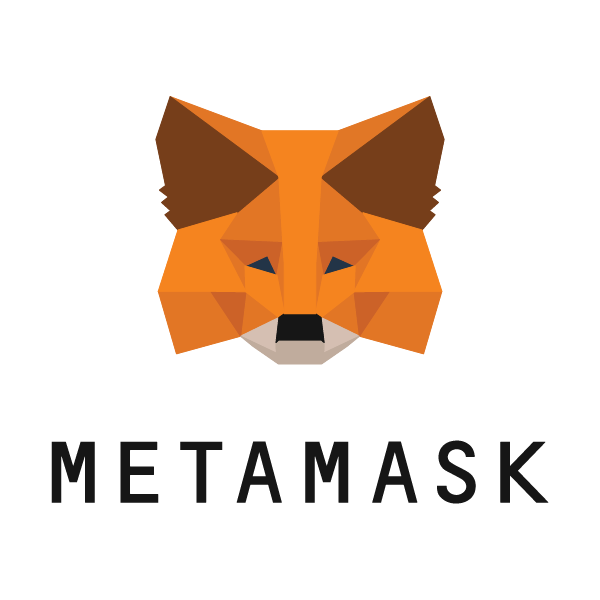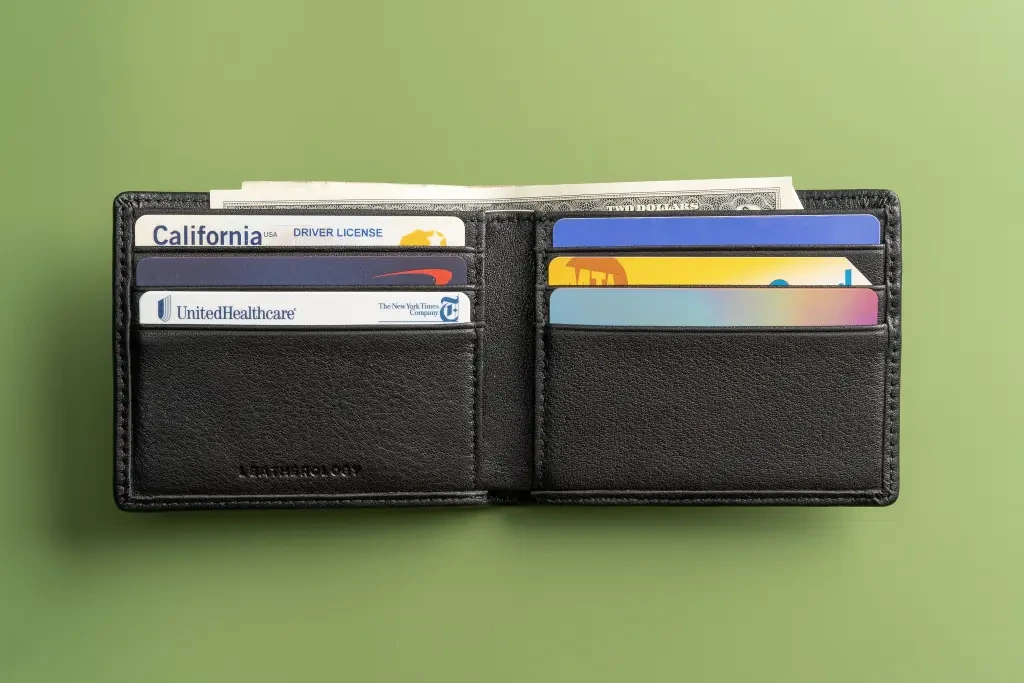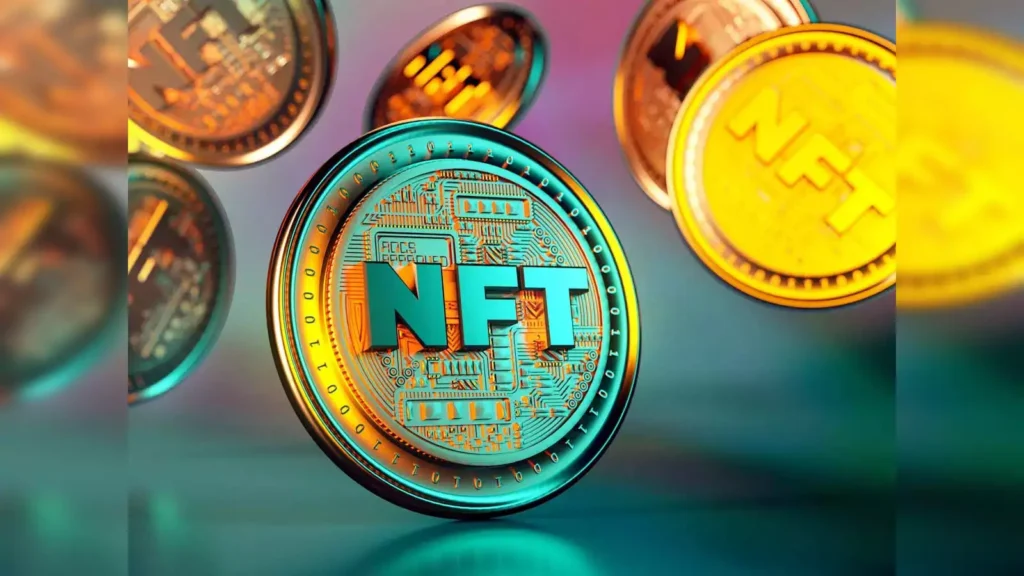Feeling Lost in the Web3 Hype? Start Simple—But Stay Legal
You’ve heard the terms—blockchain, NFTs, DAOs, DeFi. But while Web3 project intro is filled with exciting ideas, it’s also emerging in a regulatory gray zone. If you’re new to the space, it helps to start with simple, hands-on projects and a basic understanding of the legal landscape.
This guide will walk you through beginner-friendly Web3 projects, along with the regulatory implications and best practices to stay compliant.
1. Web3 Project Intro : Set Up a Crypto Wallet (With Privacy in Mind)
What It Is:
A crypto wallet—like MetaMask—is your gateway to Web3. It stores your keys and enables you to interact with decentralized apps.
Legal Note:
Wallets are self-custodial, meaning you control your assets. However, regulators in several jurisdictions (especially the EU and U.S.) are pushing for stricter KYC (Know Your Customer) rules even for decentralized wallets. Keep an eye on evolving privacy laws and data disclosures.
Best Practice: Don’t use wallets for illicit activities. Blockchain transactions are pseudonymous—not anonymous—and traceable by law enforcement.


2. Web3 Project Intro : Join a DAO (Understand Governance Liability)
What It Is:
DAOs are internet-native organizations governed by token holders. They operate via smart contracts and collective voting.
Legal Consideration:
DAOs are currently under scrutiny. In some jurisdictions (e.g., the U.S.), being an active participant in a DAO could expose you to liability for actions taken by the group, especially if the DAO holds assets or issues tokens deemed securities.
Best Practice: Participate in social DAOs (like Friends with Benefits or Forefront) as a learner. Avoid making financial commitments or governance decisions unless you understand the risk implications.

3. Web3 Project Intro : Mint an NFT (Respect Copyright & Tax Laws)
What It Is:
Minting an NFT means publishing a unique token to the blockchain. It’s easy on platforms like Zora or Mirror.
Legal Watchpoints:
- Copyright: Don’t mint art, music, or text you don’t own the rights to. NFTs are not a workaround for IP law.
- Tax: Selling or even receiving crypto assets (including NFTs) could trigger tax obligations in your country.
Best Practice: Mint original work only, and maintain documentation of ownership. Consult a tax advisor if you plan to sell or trade.


4. Try Learn-to-Earn Platforms (Avoid Airdrop Scams)
What It Is:
Sites like RabbitHole and Layer3 reward users for completing blockchain tasks.
Regulatory Risk:
Some learn-to-earn platforms distribute tokens as rewards. Depending on how they’re structured, these tokens may be classified as securities under SEC or global financial regulations.
Best Practice: Use these platforms for education only. If you receive tokens, avoid immediately converting or staking them unless you’ve reviewed the platform’s legal disclosures.

5. Stake or Swap Tokens (Tread Carefully With DeFi)
What It Is:
DEXs like Uniswap or SushiSwap let you trade tokens without intermediaries. You can also stake tokens to earn rewards.
Legal Red Flags:
- Unregistered Securities: Some tokens may be classified as securities. Trading or promoting them can carry legal consequences.
- AML/KYC Concerns: Many DeFi platforms lack formal compliance frameworks, putting users at risk if regulatory agencies take enforcement action.
Best Practice: Trade small amounts, avoid obscure tokens, and never assume DeFi is above the law. Use only well-established DEXs and understand smart contract risks.


Why Legal Awareness in Web3 Matters
Web3 is not lawless—it’s just evolving faster than regulators can keep up. That’s why understanding the basic legal frameworks around privacy, securities, and taxes is crucial for newcomers.
Being an early adopter doesn’t mean cutting corners. It means engaging thoughtfully, ethically, and within legal boundaries.
Final Takeaway: Web3 Needs Caution, Not Fear
You don’t need to be a lawyer to join Web3—but you should stay informed. Set up a wallet, mint something fun, join a DAO, or learn through low-stakes platforms—but always read the fine print and keep an eye on changing laws.
Explore the decentralized world—but do it wisely, with both curiosity and caution.
Relevant Link : Here



